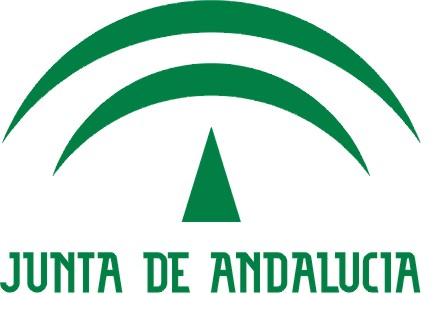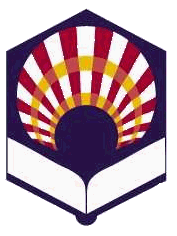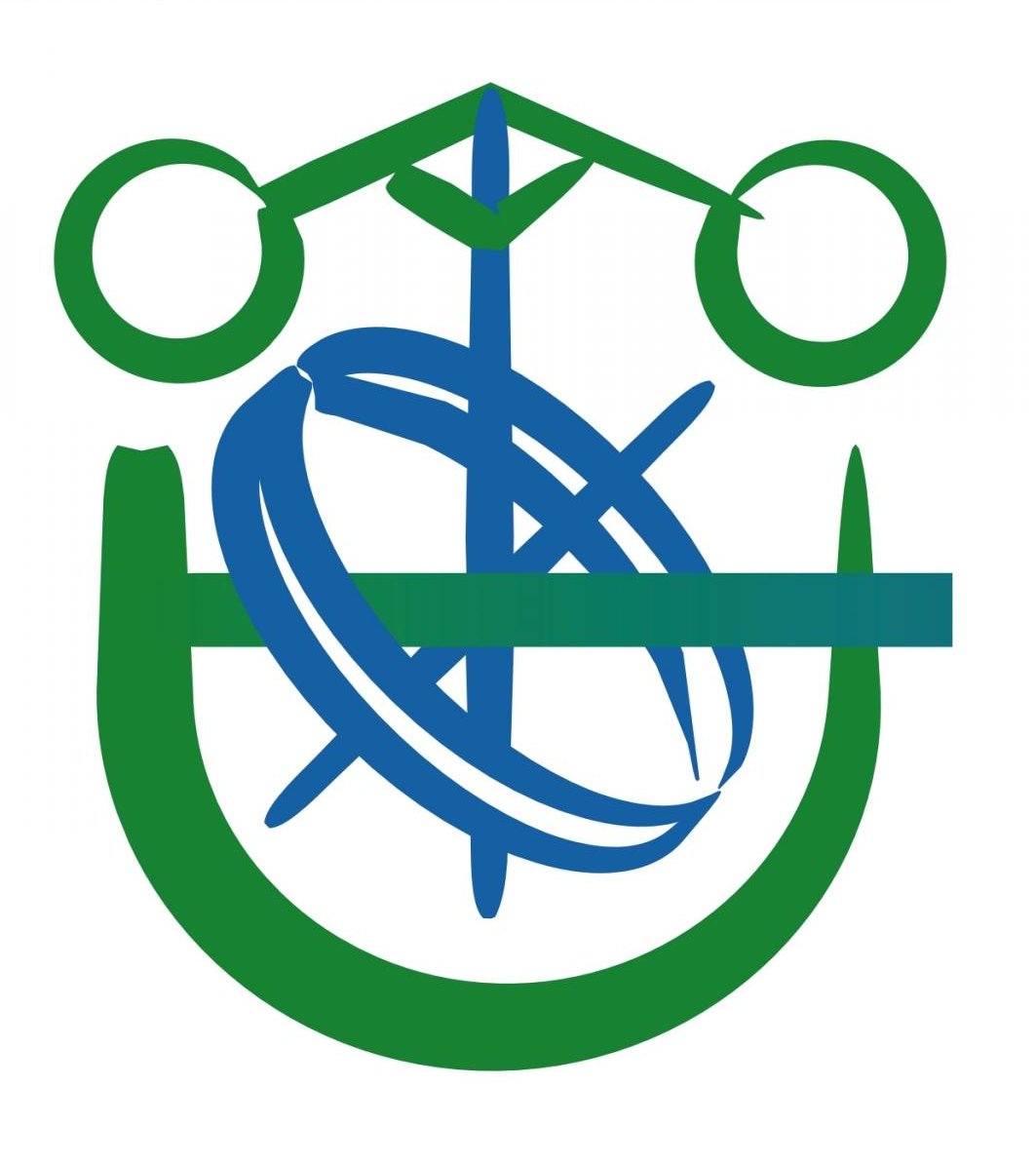Learning Ordinal–Hierarchical Constraints for Deep Learning Classifiers
Hits: 1423
- Áreas de investigación:
- Sin categoría
- Año:
- 2024
- Tipo de publicación:
- Artículo
- Palabras clave:
- Cumulative link model, deep learning, hierarchical learning, ordinal binary decomposition, ordinal regression
- Autores:
-
- Rosati, Riccardo
- Romeo, Luca
- Vargas, Víctor Manuel
- Gutiérrez, Pedro Antonio
- Frontoni, Emanuele
- Hervás-Martínez, César
- Journal:
- IEEE Transactions on Neural Networks and Learning Systems
- Páginas:
- 1-14
- Mes:
- Febrero
- ISSN:
- 2162-2388
- BibTex:
- Nota:
- JCR(2023): 10.2, Position: 7/143 (Q1) Category: COMPUTER SCIENCE, THEORY & METHODS
- Abstract:
- Real-world classification problems may disclose different hierarchical levels where the categories are displayed in an ordinal structure. However, no specific deep learning (DL) models simultaneously learn hierarchical and ordinal constraints while improving generalization performance. To fill this gap, we propose the introduction of two novel ordinal–hierarchical DL methodologies, namely, the hierarchical cumulative link model (HCLM) and hierarchical–ordinal binary decomposition (HOBD), which are able to model the ordinal structure within different hierarchical levels of the labels. In particular, we decompose the hierarchical–ordinal problem into local and global graph paths that may encode an ordinal constraint for each hierarchical level. Thus, we frame this problem as simultaneously minimizing global and local losses. Furthermore, the ordinal constraints are set by two approaches ordinal binary decomposition (OBD) and cumulative link model (CLM) within each global and local function. The effectiveness of the proposed approach is measured on four real-use case datasets concerning industrial, biomedical, computer vision, and financial domains. The extracted results demonstrate a statistically significant improvement to state-of-the-art nominal, ordinal, and hierarchical approaches.
- Comentarios:
- JCR(2023): 10.2, Position: 7/143 (Q1) Category: COMPUTER SCIENCE, THEORY & METHODS







